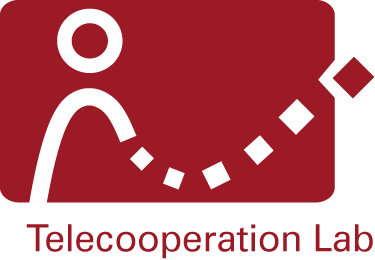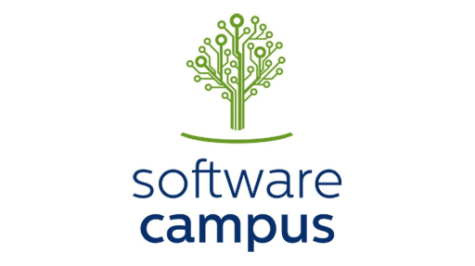MAKI: Multi-Mechanisms Adaptation for the Future Internet


The Collaborative Research Center (CRC) MAKI is one of DFG’s largest collaborative research activities in computer science, with more than 17M€ funding approved to date. The overarching goal of MAKI is to help to make the Internet, its applications and platforms more adaptive and flexible – most notably at runtime. While many activities of the first phase emphasized better support for mobile applications under changing conditions (user mobility, load fluctuations, etc.), a good deal of the researchers of the current phase exploit the ‘softwarization’ of core and wireless networks in order to allow for large scale adaptation. A category of adaptations denoted as ‘transitions’ is of key importance in MAKI. Transitions replace a ‘mechanism’ by another one of equivalent functionality at runtime, where ‘mechanism’ may denote a protocol, protocol function, strategy, topology, etc. The SUN area is particularly working on the subproject A01 and B02 within this collaborative research center.
DiSPErse: Learning and Distributed Algorithms for Service Placement in Edge Computing Infrastructures
Cloud services are typically hosted on large, centralized data centers to exploit their flexibility and economies of scale. However, this centralization also means that most services are far away from their users, which can be problematic for services that require low latency or cause a high load on the network. For such applications, the concept of Edge Computing has been proposed: supplementing the centralized data centers with a myriad of distributed micro data centers that are physically much closer to their users. However, as the resources of each individual micro data center are much more inflexible than a typical cloud data center, the questions where to execute which services and where to store which data become highly relevant to provide the best possible service to all users. DiSPErse aims to research learning distributed algorithms for the efficient resource allocation in such a distributed network of micro data centers. A special focus is put on the requirements of critical applications, such as redundancy and data replication, since applications that could benefit from edge computing are likely to depend on its availability.
AQuoR: Adaptive Quality of Result for the Future Edge- Environment
The need for information to be processed fast will increase with the growing number of mobile devices and upcoming smart systems such as VR/AR applications, autonomous driving, smart cities, and others. The concept of edge computing enables such applications to respond quickly because computing resources are located at the edge of the Internet. However, resources at the edge of the Internet are much lower than in the cloud. This assumption means that the limitation of computing resources eventually leads to a bottleneck. In addition, techniques such as approximate computing have already found that not all applications need to achieve a 100% accurate result. For example, it is more important to get a result within a specific time limit than to know the correct classification of an object in front of an autonomous driving vehicle. With this principle in mind, the project aims to find new ways for applications to adapt the quality of result (QoR) in such a way that so that the most appropriate QoR can be selected at runtime, considering constraints such as the time or price of computation.





